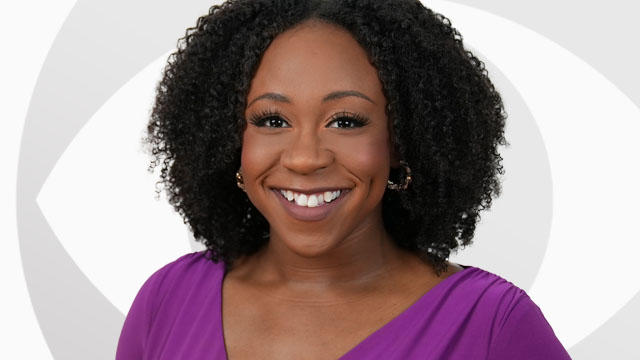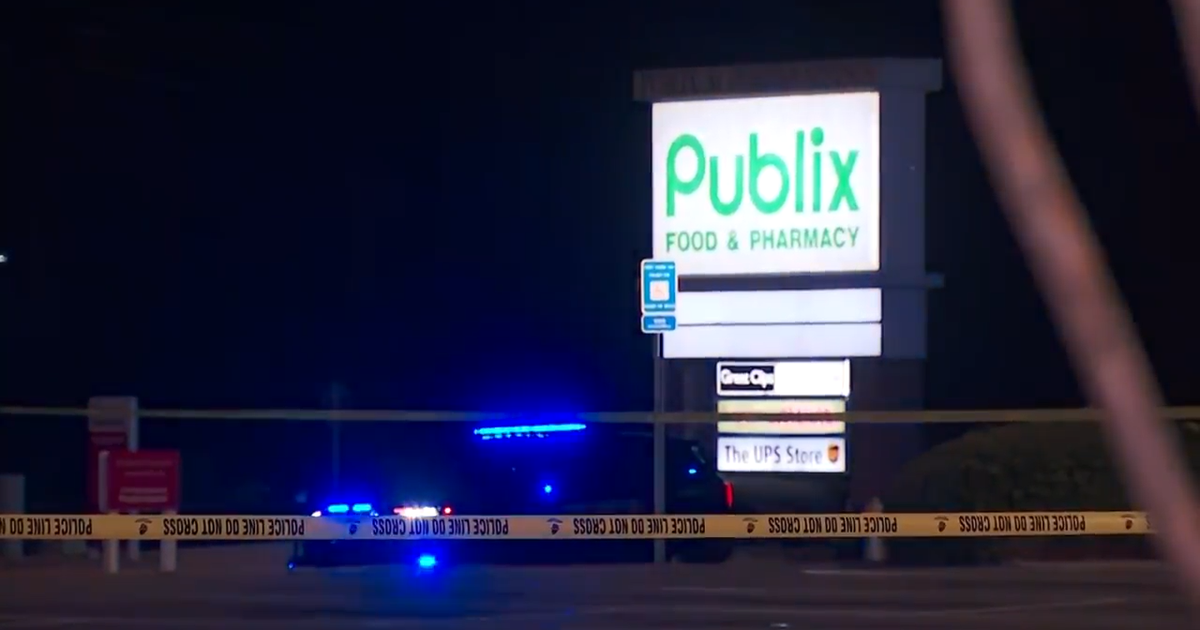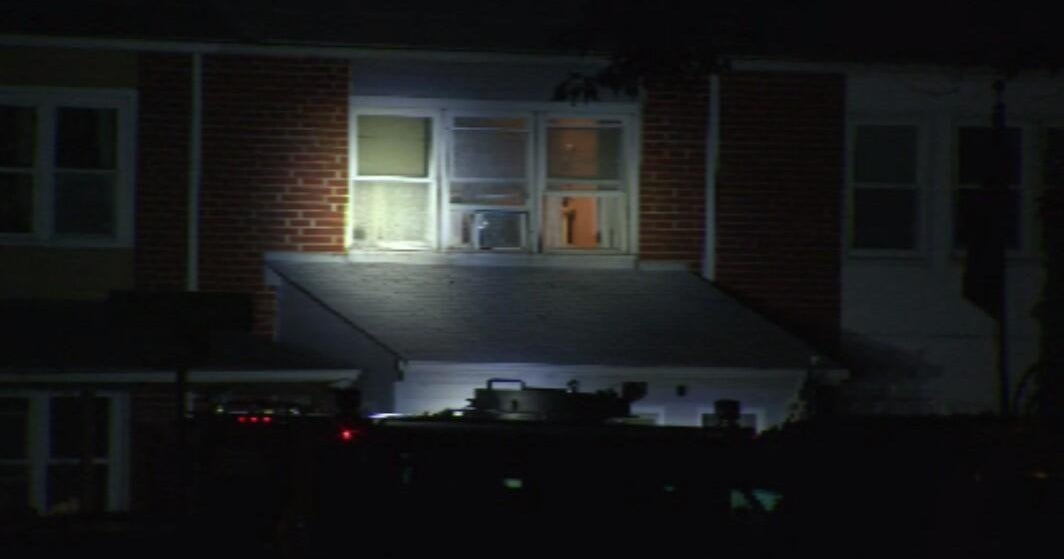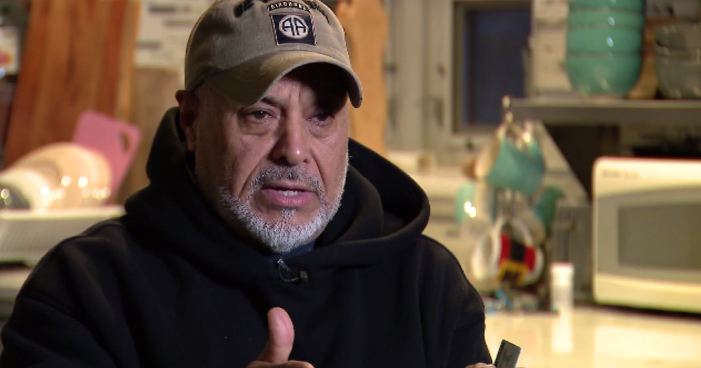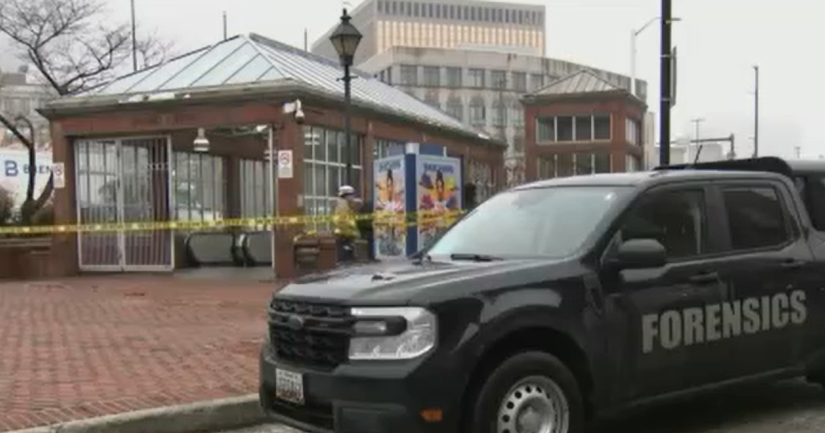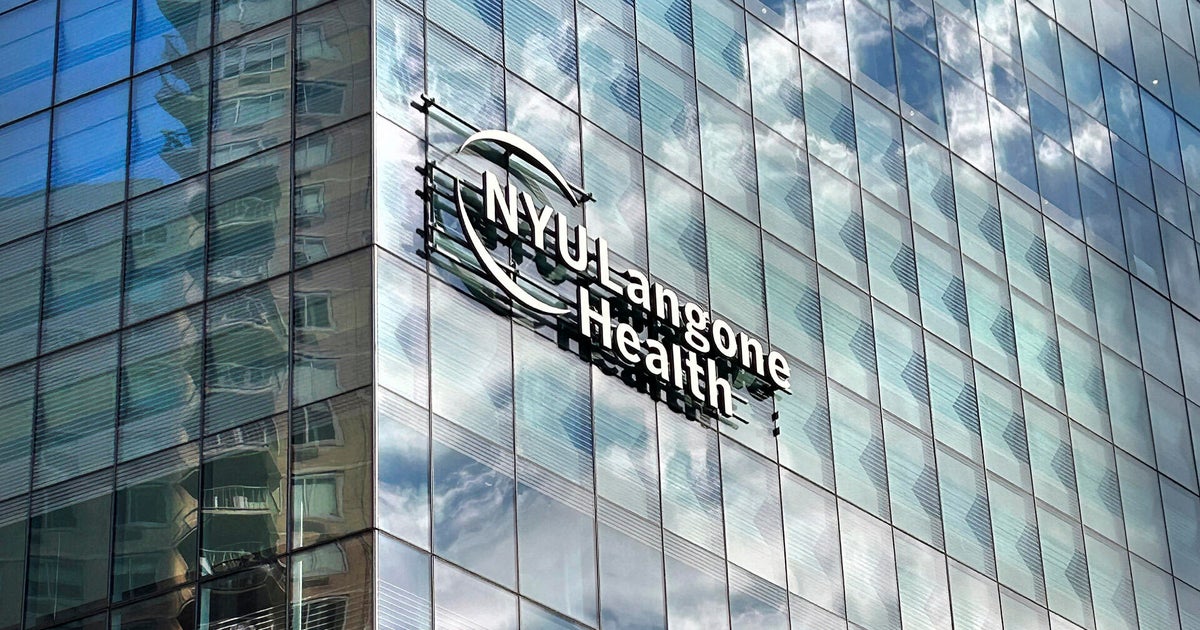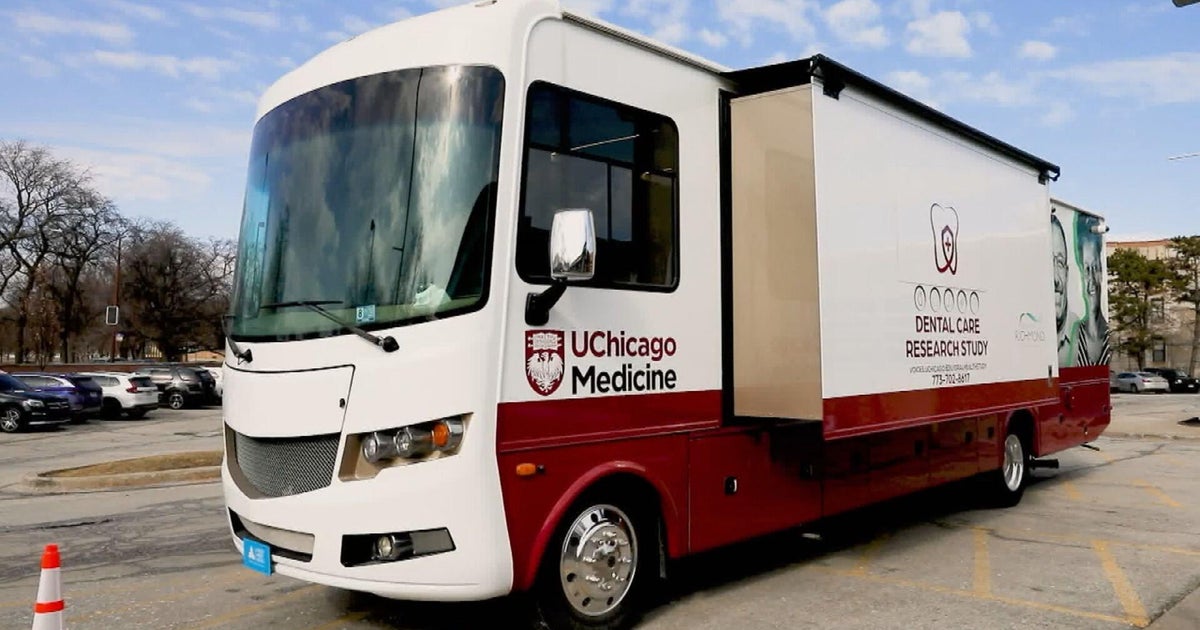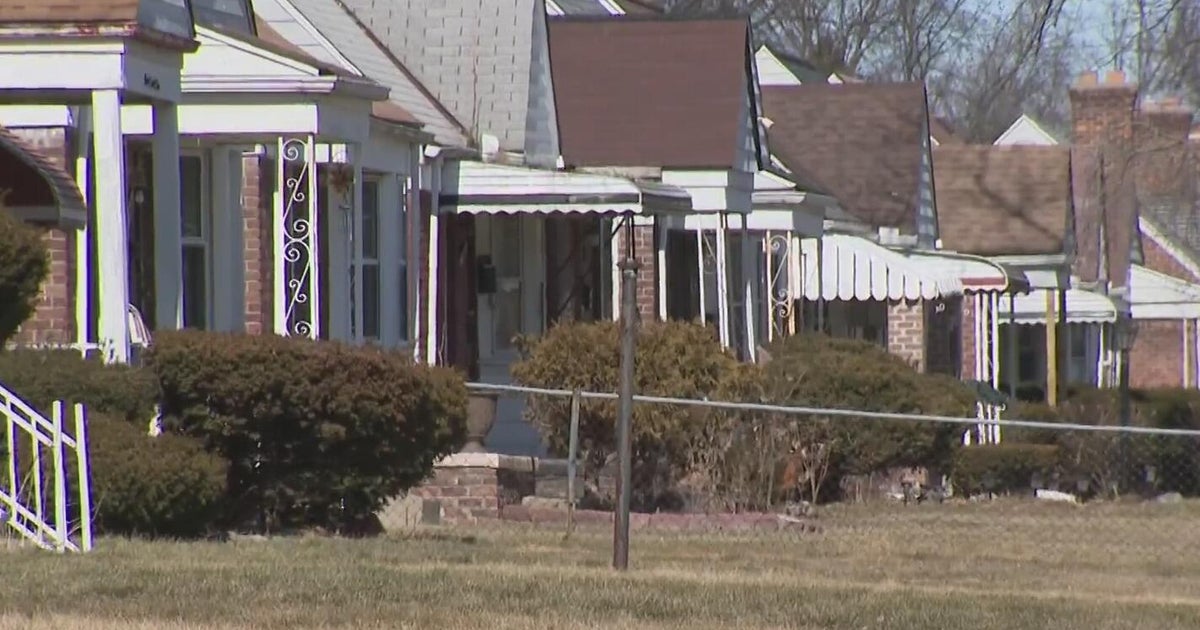Baltimore Veterans Affairs hospital works to combat mental health stigma
BALTIMORE -- For Veterans Day, WJZ is honoring those who serve our country, and veterans know more than anyone, not all wounds are visible.
More than 40% of veterans are in need of mental health care every year, according to national statistics, and there's a place in Baltimore to help.
WJZ got an exclusive look inside the newly renovated Mental Health In-Patient Care Unit at the Baltimore VA (Veterans Affairs) Medical Center. It's a place where veterans experiencing a serious mental health crisis can heal.
WJZ was the only news outlet invited inside to discuss the continued need for mental health resources for veterans, and how the veterans hospital is working to help save lives.
For retired veterans like Paula Smith-Benson and Justin Mduik, the biggest battle scar is the one you'll never see.
"I was deployed in support of Operation Iraqi Freedom and Enduring Freedom, and while I was on active duty I was serving as a nurse midwife," retired U.S. Air Force Major Smith-Benson said.
"I joined the military. I took part in Operation Iraqi Freedom, Operation Jump Start, Border Patrol along the southern border and Hurricane Katrina," said retired U.S. Army E-5 Sergeant Mdulik.
Smith-Benson and Mdulik both knew at a young age they wanted to serve, but they did not know what life would bring after retirement.
"I came back a little different than I left," Smith-Benson said.
"My PTSD was so bad, I couldn't function and do anything," said Mdulik.
The two were at war within themselves.
"I was having trouble finding my way back home to myself," Smith-Benson said.
"I hit rock bottom, and the only place you can go when you hit rock bottom is back up," Mdulik said.
Smith-Benson and Mdulik got the courage to ask for help and admitted themselves to the Mental Hospital In-Patient Unit at Baltimore VA Medical Center.
It's an acute care unit for those in deep crisis. Though they were there at different times and never met until now, Smith-Benson and Mdulik share stories that are similar to millions of veterans.
"Suicide is real," Smith-Benson said. "That hopelessness and helplessness is real. Not feeling safe is how I ended up in an in-patient care unit. I was given an opportunity to see what hope looked like."
"If it wasn't for them, I would be dead in the gutter on the street somewhere," Mdulik said.
Baltimore VA Medical Center
In July 2024, the Baltimore VA Medical Center announced the completion of renovations to its in-patient mental health unit.
Dr. Jason Peer and Dr. Aaron Jacoby both oversee operations and holistic treatment in the unit.
"So it was previously a rather aged unit. It looked very institutional looking," Dr. Peer said.
Dr. Peer serves as the program manager for the in-patient unit at Baltimore's Mental Health Clincal Center under the VA Maryland Health Care System.
"We've improved the number of single beds that we have available, so we can treat not only more veterans who need a private space to recover, but we also can treat more women veterans also," Dr. Jacoby said.
Dr. Jacoby serves as the director of Baltimore's Mental Health Clinical Center under the VA Maryland Health Care System.
Veterans Affairs Mental Health Policies
Since 2021, the Department of Veterans Affairs has enacted several new policies to address the needs of veterans facing mental health crises.
Now, eligible veterans in acute suicidal crises can go to any VA or non-VA health care facility for emergency care at no cost for up to 90 days.
During the first year of the program in 2023, nearly 50,000 veterans received free emergency suicide prevention care.
In January 2023, the Department of Veterans Affairs instituted a new policy allowing eligible veterans and certain former service members in acute suicidal crises to go to any VA or non-VA healthcare facility to receive emergency care at no cost.
The policy covers emergency room care, in-patient or crisis residential care for up to 30 days and out-patient care for up to 90 days.
A 2023 report by the Department of Veterans Affairs found that in 2021, the suicide rate for veterans was 71.8% higher than for non-veterans when adjusted for age and sex differences.
"They are not used to asking for help," Dr. Jacoby said. "They're usually the ones that are solving things for us, keeping us safe, protecting us, so now it's their turn to actually just ask us for help."
"We're really focused on treating the whole person," Dr. Peers said.
But the work isn't over.
Mental Health Stigma
"I think what we really struggle with is we've got a complex system, and a lot of people have a hard time navigating it," Dr. Jacoby explained.
"Reduce the stigma that's associated with mental health would be really critical, and that would benefit both veterans and civilians with mental health conditions," Dr. Peers said.
"Come visit them where they're at. Bring them a care package, you know, come play some games or cards with them," Mdulik said.
Because the war against mental health is one we must fight together.
"I didn't think I was going to make it past 25, but now I turn 40 in December, and I might have a life ahead of me," Mdulik said.
It begins with breaking the stigma.
"You know, recovery doesn't go in a straight line. It's sort of up and down and back and forth," said Smith-Benson as she talked about her healing journey. "The turning point was the language. I'm in therapy every week. I still take my medications every day I practice good self care."
"As vets, it doesn't matter whether we go left or right, as long as we stay true to ourselves and love our God, we're gonna always win the fight," Mdulik said.
"I hope one day I can reconnect with all my family and my friends," Mdulik said. "I'm going to fight tomorrow, and the next day and the next day to get where I want to be."
All you have to do is take it day-by-day, step-by-step.
If you're a veteran in a mental health crisis, or concerned about someone, contact the Veterans Crisis Line to receive 24/7 confidential support. Dial 988 or text 838255. You don't have to be enrolled in VA benefits or health care to connect.
